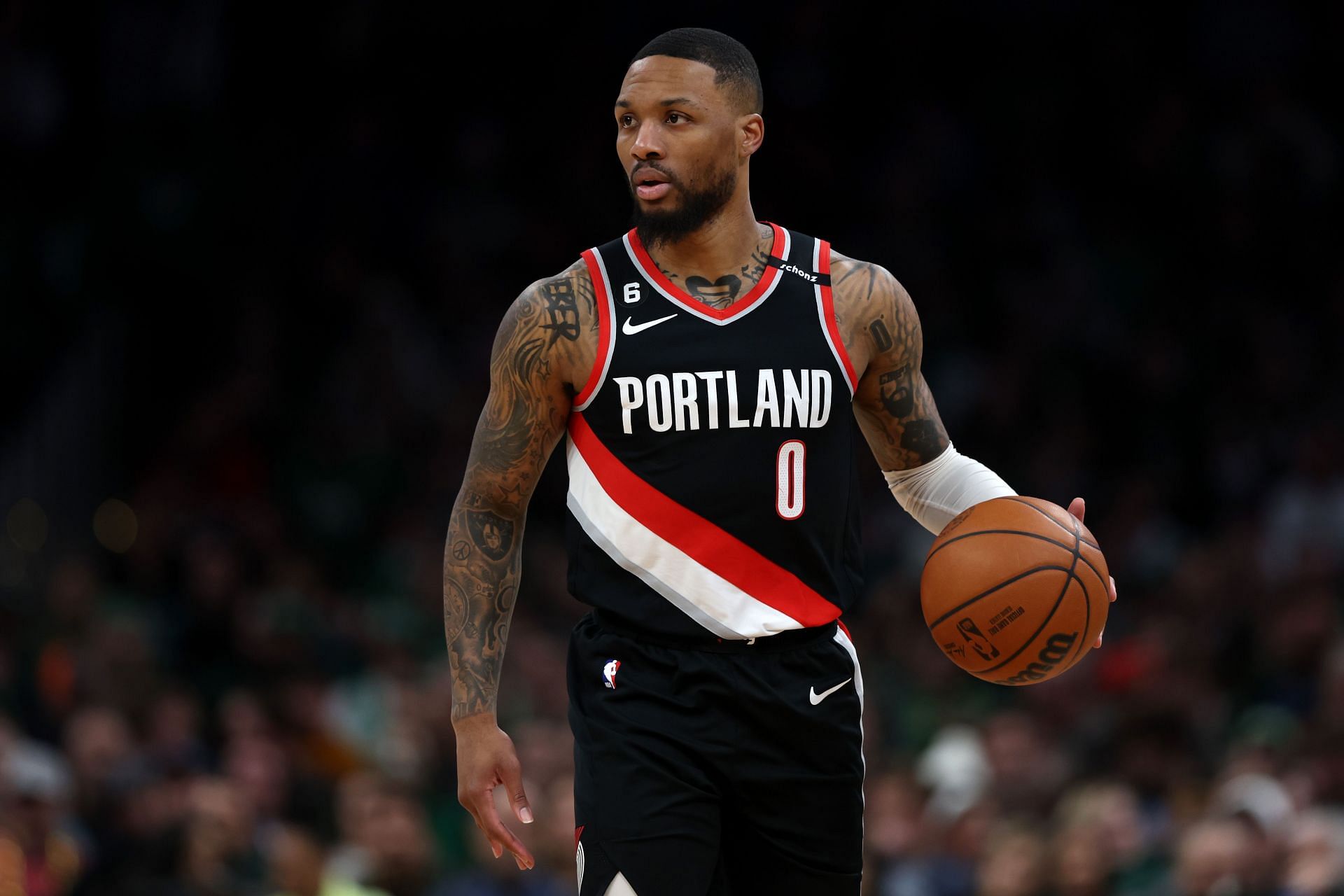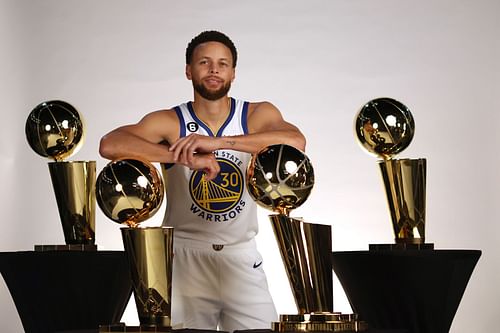
Rings, Stats, and Legacy: What truly defines a player's greatness in basketball?
Basketball is a team sport with the ultimate goal of winning the championship, not only for the players but also for the fans. In the NBA, a league comprising of 30 teams, each team strives to qualify for the playoffs and then claim the title of champions.
Throughout the history of the NBA, there have been exceptional players who were unable to secure the ring during their careers. These players include the likes of Charles Barkley and Steve Nash, who are widely known for their outstanding performances on the court.
Currently, there are players who are either past their prime or are still at it, but are yet to win the ring. Such players include Chris Paul, Russell Westbrook, Damian Lillard, and Bradley Beal, among others.
It's understandable that every player wishes to win the ring, and fans pay to see their teams make big plays on a regular basis and compete for the championship ring. However, the ring culture appears to diminish the accomplishments and contributions of great basketball players who could not secure one.

In a recent interview on JJ Redick's podcast show, "The Oldman and The Three," Lillard spoke about winning a ring, stating that it is the ultimate level of success, and he always thinks about it.
He went on to say that, while he desperately wants to win a ring, he wouldn't go insane if he didn't because he has already accomplished so much in his career. The importance of winning the ring cannot be overstated, but using it to judge a player's greatness may be taking it to the extreme.
For instance, players like Westbrook, who is a perennial triple-double player, a league MVP, a 9-time All-Star, a 2-time scoring champion, a 3-time assist leader, and a member of the NBA's top 75 team, still get trolled for not winning a championship ring.
The emphasis on winning the ring has given rise to the concept of "super teams." Kevin Durant left the OKC Thunder to join the Warriors in winning the ring, and LeBron James, who is regarded as one of the GOAT in NBA history, had to leave Cleveland to team up with Dwyane Wade in Miami to win a championship ring.
When should we draw the line and give players their flowers with or without a championship ring? Is winning a championship more important than a player's achievements and contributions to their team and the association as a whole?
Players like Beal and Lillard have spent their entire careers with their respective teams and have consistently put up impressive numbers. They might have won a ring if they had left their teams to join a super team. Does that make them any less great than the other players who made that switch?
While winning a championship ring is an important accomplishment that highlights a player's impact on their team, it should not be the only criterion for determining a player's greatness. Individual achievements, such as All-Star selections, MVP awards, and statistical records, are also important in determining a player's contribution to the game.
The ring culture must be reviewed in order to appreciate players who have excelled in the league even if they do not win the ring. Winning the ring should not overshadow a player's overall contribution to the game and team, and players should be recognized for their individual achievements as well.